Natural Law in the Spiritual World
Natural Law in the Spiritual World
Is there not reason to believe that many of the Laws of the Spiritual World, hitherto regarded as occupying an entirely separate province, are simply the Laws of the Natural World?
Book Excerpt
g it, into recognition of some familiar article of faith. I was not watching for this result. I did not begin by tabulating the doctrines, as I did the Laws of Nature, and then proceed with the attempt to pair them. The majority of them seemed at first too far removed from the natural world even to suggest this. Still less did I begin with doctrines and work downward to find their relations in the natural sphere. It was the opposite process entirely. I ran up the Natural Law as far as it would go, and the appropriate doctrine seldom even loomed in sight till I had reached the top. Then it burst into view in a single moment.
I can scarcely now say whether in those moments I was more overcome with thankfulness that Nature was so like Revelation, or more filled with wonder that Revelation was so like Nature. Nature, it is true, is a part of Revelation--a much greater part doubtless than is yet believed--and one could have anticipated nothing but harmony here. But that a derived Theology, in spite of the v
Editor's choice
(view all)Popular books in Religion, Philosophy
Readers reviews
3.5
LoginSign up
Not much is to be gained today by study of these dusty tomes devoted to the war between science and theology since both fields have advanced in the last century. This one may be better than most.
Drummond knew and taught both science and religion and was therefore well placed to address controversial issues between them when the battle heated up in the latter part of the nineteenth century in the wake of Darwin and the discoveries of physics.
In 1874 John Tyndal, President of the British Association for the Advancement of Science, created a row with his assertion that where science and religion were in conflict, religion must give way. Immediately two prominent scientists, Balfour Stewart and P.G. Tait rushed into print an anonymous book, The Unseen Universe which argued the existence of an invisible world and an afterlife on the basis of conservation of energy and a principle of continuity. It proved immensely popular ten editions in eight years despite obvious flaws in science and theology.
In the wake of the success of The Unseen Universe several other attempts were made to provide theology with scientific justification. Drummond's book rests on the same Law of Continuity and makes points similar to The Unseen Universe but makes them far more cogently and elegantly. As he puts it:
The position we have been led to take up is not that the Spiritual Laws are analogous to the Natural Laws, but that they are the same Laws. It is not a question of analogy but of Identity.
Drummond saves a niche for mystery:
How much of the Spiritual World is covered by Natural law we do not propose at present to inquire. It is certain, at least, that the whole is not covered. And nothing more lends confidence to the method than this. For one thing, room is still left for mystery. Had no place remained for mystery it had proved itself both unscientific and irreligious. A Science without mystery is unknown ; a Religion without mystery is absurd.
Except for those interested in the history of the conflict between science and religion I would think works of this type are not worth the time.
Drummond knew and taught both science and religion and was therefore well placed to address controversial issues between them when the battle heated up in the latter part of the nineteenth century in the wake of Darwin and the discoveries of physics.
In 1874 John Tyndal, President of the British Association for the Advancement of Science, created a row with his assertion that where science and religion were in conflict, religion must give way. Immediately two prominent scientists, Balfour Stewart and P.G. Tait rushed into print an anonymous book, The Unseen Universe which argued the existence of an invisible world and an afterlife on the basis of conservation of energy and a principle of continuity. It proved immensely popular ten editions in eight years despite obvious flaws in science and theology.
In the wake of the success of The Unseen Universe several other attempts were made to provide theology with scientific justification. Drummond's book rests on the same Law of Continuity and makes points similar to The Unseen Universe but makes them far more cogently and elegantly. As he puts it:
The position we have been led to take up is not that the Spiritual Laws are analogous to the Natural Laws, but that they are the same Laws. It is not a question of analogy but of Identity.
Drummond saves a niche for mystery:
How much of the Spiritual World is covered by Natural law we do not propose at present to inquire. It is certain, at least, that the whole is not covered. And nothing more lends confidence to the method than this. For one thing, room is still left for mystery. Had no place remained for mystery it had proved itself both unscientific and irreligious. A Science without mystery is unknown ; a Religion without mystery is absurd.
Except for those interested in the history of the conflict between science and religion I would think works of this type are not worth the time.
- Upvote (0)
- Downvote (0)
Nice book
03/04/2008
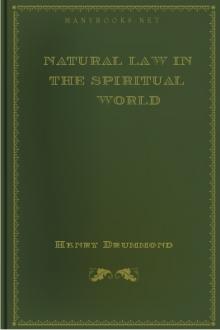
 Free Download
Free Download














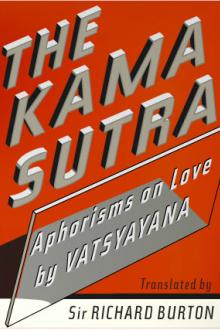

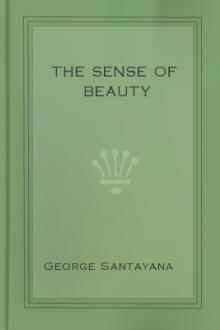
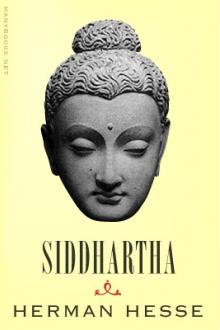
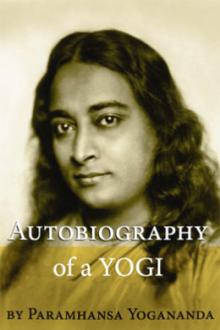
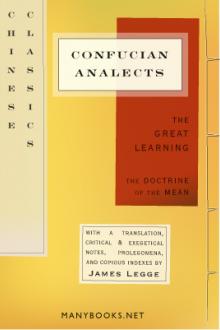
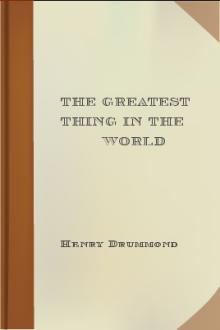
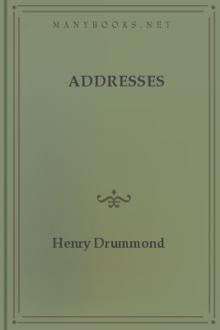

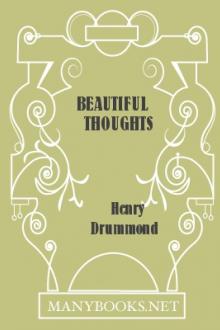


-itok=vcKIB5v1.jpg)